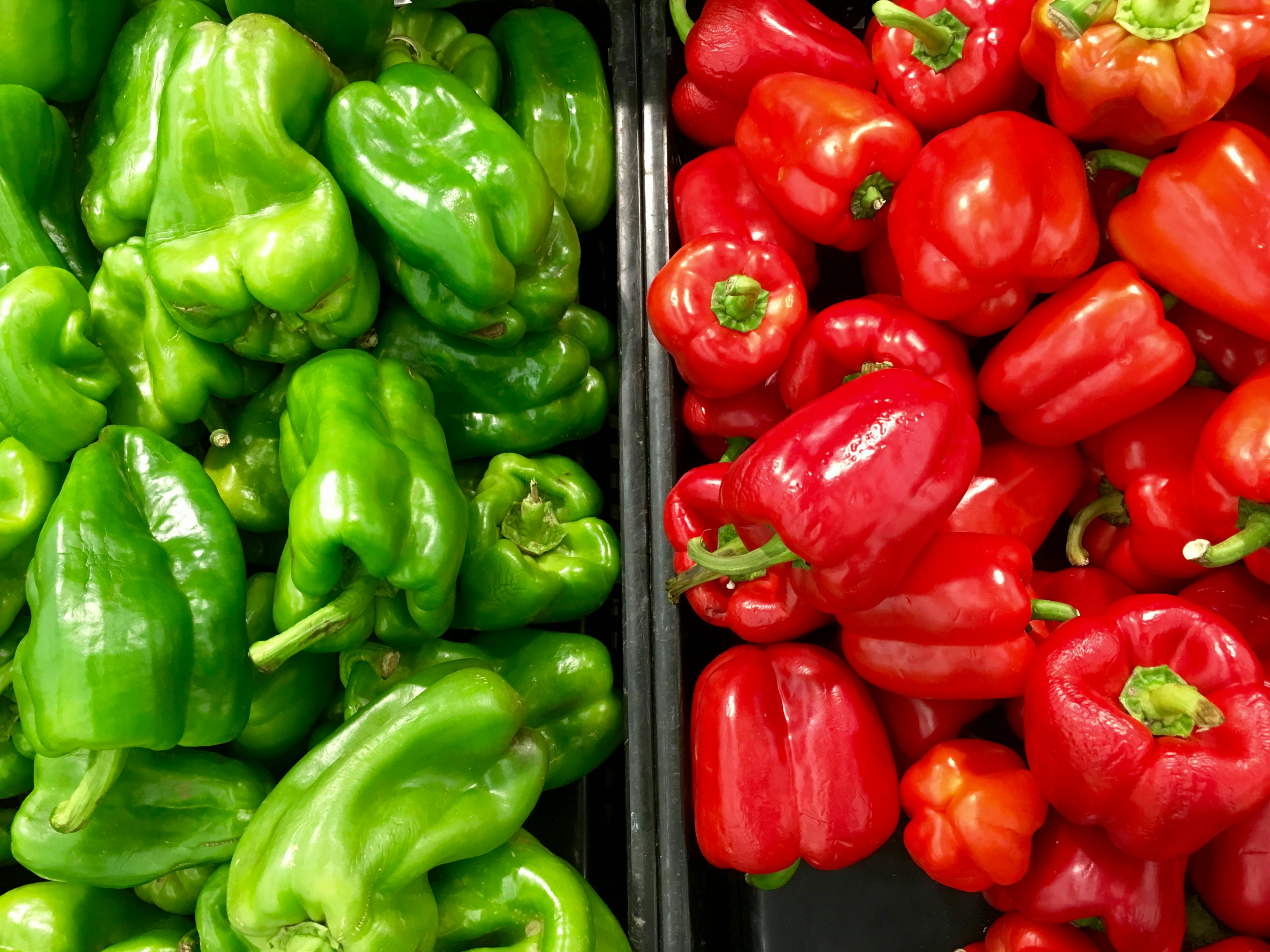Here’s a question for you: how long can you go without eating? Have you asked yourself this question before? People often avoid attempting any challenge that could benefit their health because it requires a lot of work. Many type 2 diabetics are quick to say they’d love to lose weight, but when it comes time to work, they start looking for excuses.
To lose weight you have to eat fewer calories than your body uses. This is common knowledge for many adults. Generally speaking, there are two ways to do this…
- you can eat less, or
- you can do more exercise.
Ideally, you’ll combine the two methods to achieve a healthy balance. And to see results, you will have to stick to both methods. There’s no point in doing it for a week or two, only to give up because progress is slower than you initially expected.
Although physical activity is a significant factor in weight loss, nutrition always comes first. The only way to lose weight is by controlling your caloric intake. You can exercise as much as you want, but if you don’t control your food choices, chances are you won’t get anywhere. It’s a harsh truth, but you have to understand it.
Why is it important to know how long you can go without eating? The best way to limit your calories is to fast periodically. You can fast in the morning, at night, or between lunch and dinner. It depends on what works best for you. Most importantly, you can tame your hunger so it no longer impairs your ability to control your blood sugar and lose weight.
One of the reasons many people with type 2 diabetes have hyperglycemia is that they eat frequently. They have been led to believe that eating many small meals a day is healthy and leads to a healthy metabolism (whatever that means). The truth is that multiple daily meals rarely lead to better health and usually lead to unstable blood sugar readings and overeating.
Ideally, you’ll learn to keep hunger at bay through a combination of willpower and proper nutrition…
- if you eat more protein and fiber instead of mostly carbohydrates, you’ll feel full for longer periods of time.
- if you drink more water and kick your snacking habit, you’ll probably find that you can wait until dinner after you’ve eaten lunch.
- If you can resist mild levels of hunger between your main meals on a regular basis, you are likely to be more successful at losing weight.
And if you have high blood sugar, you can also count on your levels falling over time.
